COURSE OVERVIEW
HE1060 : The Role of Using Plants and Plant Products in Alimentary and No-alimentary Fields and the Nutritional Requirements of Babies Food and It’s Legislation and Regulations
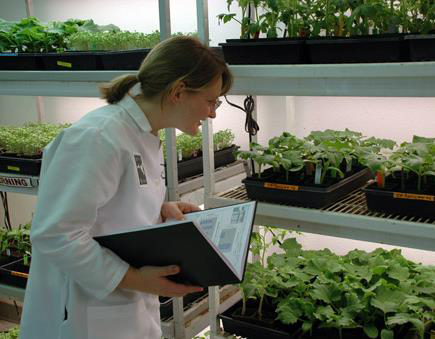
OVERVIEW
| COURSE TITLE | : | HE1060 : The Role of Using Plants and Plant Products in Alimentary and No-alimentary Fields and the Nutritional Requirements of Babies Food and It’s Legislation and Regulations |
| COURSE DATE | : | Oct 26 - Oct 30 2025 |
| DURATION | : | 5 Days |
| INSTRUCTOR | : | Mr. Saad Bedir |
| VENUE | : | Al Khobar, KSA |
| COURSE FEE | : | $ 5500 |
Course Description
This course is designed to provide participants with a detailed and up-to-date overview of the role of using plants and plant products in alimentary and no-alimentary fields. It covers the botanical terminology and technical jargon; the key to identify plants; describing plant accurately; and the ability to participate in an informed discussion about the cultural, social, economic and spiritual importance of plants to better relate their relevance to everyday life.
The course will also cover the characteristics of plants that make them useful as food, medicine and industrial materials; the cultivation and processing of a diverse array of plants to understand how many products we use every day are produced; and the impact that plants have had on the betterment of the human condition and personal pleasure and the unknown potential they still hold.
Further, the course will also discuss the nutrient needs of babies and toddlers from birth to 24 months. It provides practical assistance in applying the Infant Feeding Guidelines including issues around breastfeeding, preparing infant formula, introducing solid foods and choking precautions. Finally, this section covers planning menus for babies and toddlers providing sample menus for 6 to 12 month olds and 12 to 24 month olds.
This course is designed to provide participants with a detailed and up-to-date overview of the nutritional requirements of babies food and it’s legislation and regulations. It covers the role of services in infant and toddler nutrition, including support for breastfeeding; the breastmilk and other drinks for infants and toddlers; the safe bottle feeding; the preparation of infant formula; the feeding environment and safe positioning; giving up the bottle; and introducing solid foods.
During this interactive course, participants will learn the food allergies and intolerance; the foods and drinks for infants between 6-12 months and toddlers between 1-2 years old; breastmilk and other drinks, foods and iron containing foods for infants and toddlers; the other sources of iron; the vegetarian diet on infants and toddlers, the food textures; minimizing the risk of choking on food; and service food and menus for infants and toddlers.
TRAINING METHODOLOGY
This interactive training course includes the following training methodologies:
LecturesPractical Workshops & Work Presentations
Hands-on Practical Exercises & Case Studies
Simulators (Hardware & Software) & Videos
In an unlikely event, the course instructor may modify the above training methodology for technical reasons.
VIRTUAL TRAINING (IF APPLICABLE)
If this course is delivered online as a Virtual Training, the following limitations will be applicable:
| Certificates | : | Only soft copy certificates will be issued |
| Training Materials | : | Only soft copy materials will be issued |
| Training Methodology | : | 80% theory, 20% practical |
| Training Program | : | 4 hours per day, from 09:30 to 13:30 |
RELATED COURSES
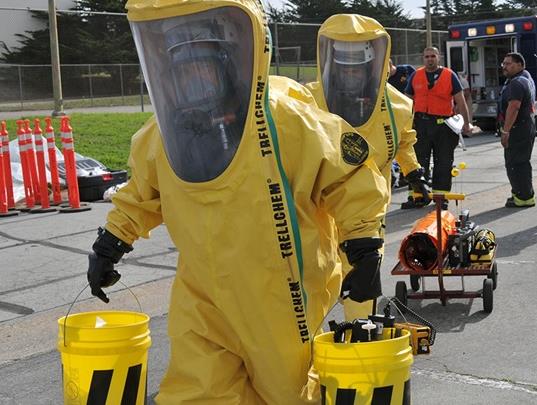
HE0581-3D : Certified Radiation Protection Officer (RPO) In-line with the Requirements of the Federal Authority for Nuclear Regulation (FANR)
- Date: Mar 02 - Mar 04 / 3 Days
- Location: Dubai, UAE
- Course Details Register
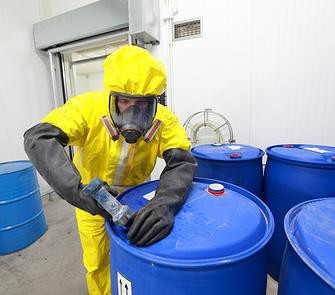
HE0904 : Basic Principles of Industrial Hygiene (Certified)
- Date: Mar 29 - Apr 02 / 3 Days
- Location: Al Khobar, KSA
- Course Details Register
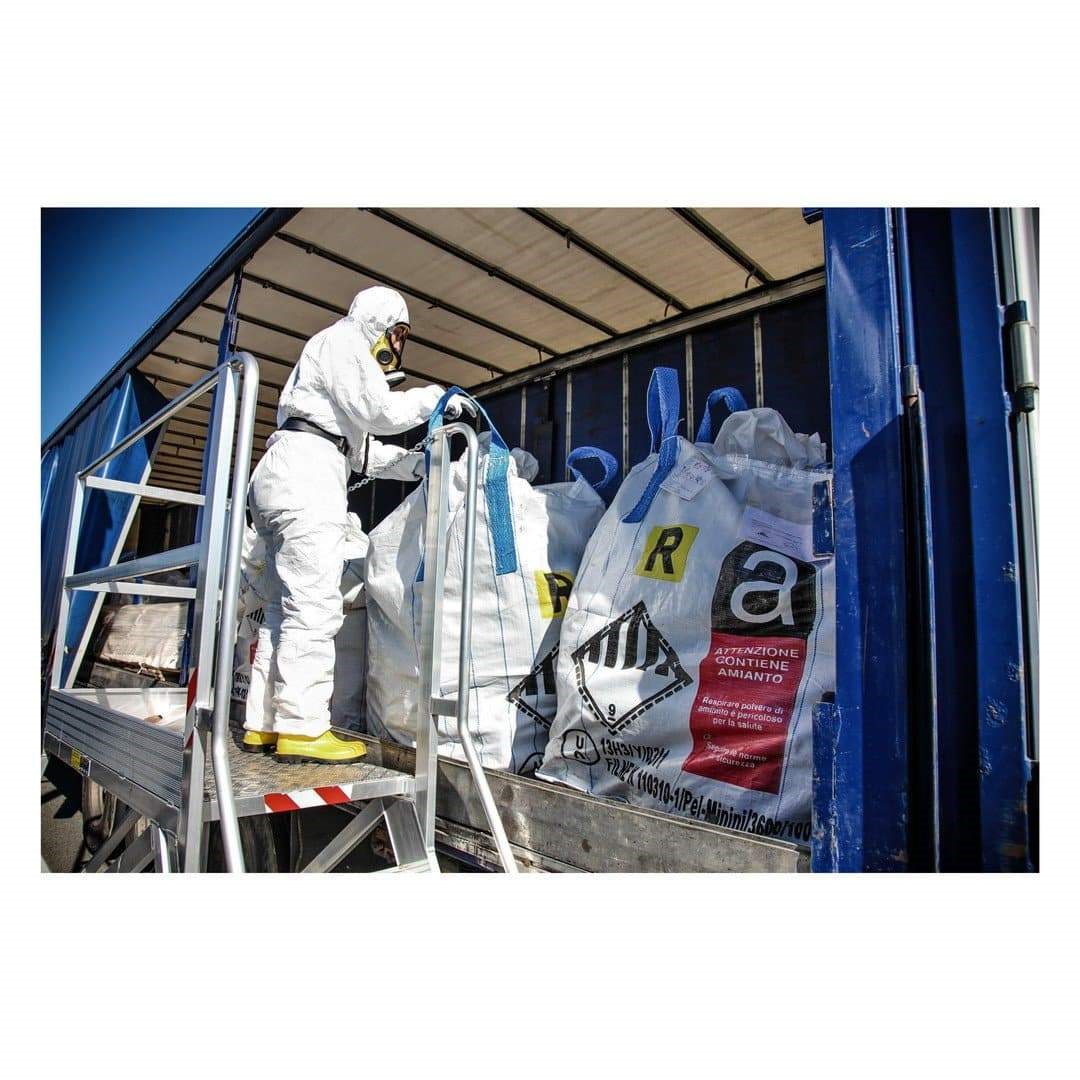
HE1939 : Industrial Hygiene Certification Program: BOHS-M504: Asbestos and Other Fibres (Accredited by the British Occupational Hygiene Society-BOHS)
- Date: Mar 29 - Apr 02 / 3 Days
- Location: Dubai, UAE
- Course Details Register
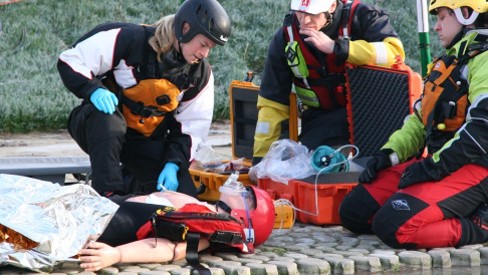
HE0970 : الإسعافات الأولية
- Date: Mar 29 - Apr 02 / 3 Days
- Location: Kuwait
- Course Details Register
